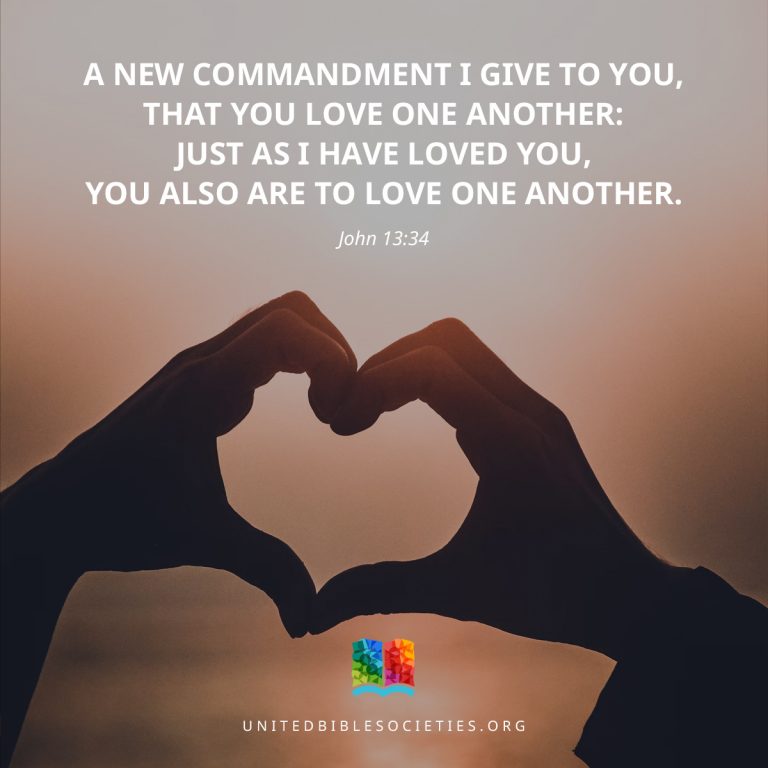1 A minoŋ gwiŋir dilgitijo dhuŋuna je gwoinyadhanu dhina dhimana diŋini, dathana madhinudhi no. 2 Ada dhuŋun dhina dhabiŋudhai malaayka dhimamuthini galo, a ŋidi peth ŋina ŋike a ure kuni ganu gwegen labuje tujuŋw gwina gwidhunu galo; 3 abi akwai anaŋa labire? ada anaŋa lati limagitijo gilaŋuŋw ibigwa gwina gwinaŋ je no; gwina gwabiŋugwai Kweleny kwereny, a gwimaro titiganu dega gi liji lina lidiŋinu; 4 Kalo giro shaahid ŋeda ŋalai ko ⓐalaamaat gwai a dhuŋun dhai dhina dhathalije lijo galo dir, a ŋiro ŋai ŋina ŋipiŋipa ŋitiŋiter, a dhedha tur gwa Dhigirim dhina Dhiŋir, gi dhuŋun dhina dhibupuŋw.
5 Ŋinena athi gidhila gina gaji gila gitinu ŋwora ganu ŋwa malaayka, gina gathanagai abiŋi no. 6 Dhabiŋinu momaŋ kalo geta darnu, Kwiji gwiro dhaŋ? athanyabi aŋidhani, i ŋari ŋa kwiji ŋiro dhaŋ? di athanya ela didaŋadha. 7 Kaija gitiny gwabricaŋa ŋwuro gwitinyuni gi malaayka; ŋa gitijo majdh a ni gwiro ŋinena taaj, a ŋageta ŋiro alaŋ ŋa doi duŋa. 8 Ŋa gwimageta ŋida peth ŋwora ganu ŋwuŋun. Ŋinena getuŋw ŋida peth ŋwora ganu ŋwuŋun, athuŋw abrico ŋida ŋeda ŋina ŋati ŋigitinu ŋwora ganu ŋwuŋun no. Abi ŋinena anaŋa loma lati laŋudhi ŋida peth ŋigitinu ŋwora ganu ŋwuŋun no. 9 Abi anaŋa lo laŋudhi Yasuuⓐuŋw, gwina gwigitinu kaija gitiny ŋwuro gwitinyuni gi malaayka gi dhuŋun dha ŋwuredeny ŋwa ai gwina gwigeno majdh a ni; duŋw ŋila aiuŋw gwan liji peth niⓐma gwai gwa Kalo. 10 Ŋinena iŋiradho dhuŋun ibidha dugun, ŋinena gitinu ŋidi peth ŋan ŋeda, a ŋeda gwai ŋidi peth ŋijo, duŋwapa keleŋa goinyadho di majdh, duŋwruje kwelenya gwa gilaŋ gwegen didima ŋwuredeny ŋwai. 11 Gwina gwathijuriye lijo a peth lina lijurinu liro la gwetipo. A gi dhuŋun ibidha athuŋw uthi dhara duŋwulaici limegen no, 12 ŋwarnu, Nyi gwabiŋaijo limaguri jiriny jai juŋa, keligeny ganu gi kaniisa a nyi gwaŋa orthadha dheliŋa dhai. 13 A ko, Nyi gwara dugun. A ko, Aŋadhi, nyi gwo mina a keleŋa gina gidhedhinyilo Kalo. 14 Ŋinena gi dhuŋun ibidha keleŋa gimaicaijiye gi ji a gi ŋin, a minoŋ ŋeda gwimali aicaijiye ko; duŋwiriniye ai gwai ŋeduŋw gwina gwuthi ŋelenya ŋa ai, ŋeda gwina gwan Ibliis, 15 a ŋwabrico ŋediŋaije altu lina lijo peth ŋidheny ganu ŋa ai lina lijo ŋwora ganu ŋwa ŋine ŋwamun ŋwa midhe gwegen peth. 16 Titiganu ŋeda gwati gwimuthi dhuŋuna dhina dhuthi malaayka no; ŋwubimutha dhuŋuna dha ŋwulaŋ ŋwa Ibraahiim. 17 A gi dhuŋun ibidha gwiŋir dugun duŋwuro ŋinena limegen gi ŋidi peth, duŋwuro kweleny gwa gusus gwina gwuthi inaŋw a gwina gwiŋir gi ŋiro ŋa Kalo, duŋwuthi ŋoma duŋwdhudhani ganu ŋidi ŋina ŋike ŋa liji. 18 Ŋinena apuŋw ŋwuredenya gi idhejini gwuŋun, gwuthi ŋoma duŋwgathaje lijo uwa lina lidhejinu.
The Great Salvation
1 That is why we must hold on all the more firmly to the truths we have heard, so that we will not be carried away. 2 The message given to our ancestors by the angels was shown to be true, and those who did not follow it or obey it received the punishment they deserved. 3 How, then, shall we escape if we pay no attention to such a great salvation? The Lord himself first announced this salvation, and those who heard him proved to us that it is true. 4 At the same time God added his witness to theirs by performing all kinds of miracles and wonders and by distributing the gifts of the Holy Spirit according to his will.
The One Who Leads Us to Salvation
5 God has not placed the angels as rulers over the new world to come—the world of which we speak. 6 Instead, as it is said somewhere in the Scriptures:
“What are human beings, O God, that you should think of them;
mere human beings, that you should care for them?
7 You made them for a little while lower than the angels;
you crowned them with glory and honor,
8 and made them rulers over all things.”
It says that God made them “rulers over all things”; this clearly includes everything. We do not, however, see human beings ruling over all things now. 9 But we do see Jesus, who for a little while was made lower than the angels, so that through God's grace he should die for everyone. We see him now crowned with glory and honor because of the death he suffered. 10 It was only right that God, who creates and preserves all things, should make Jesus perfect through suffering, in order to bring many children to share his glory. For Jesus is the one who leads them to salvation.
11 He purifies people from their sins, and both he and those who are made pure all have the same Father. That is why Jesus is not ashamed to call them his family. 12 He says to God,
“I will tell my people what you have done;
I will praise you in their meeting.”
13 He also says, “I will put my trust in God.” And he also says, “Here I am with the children that God has given me.”
14 Since the children, as he calls them, are people of flesh and blood, Jesus himself became like them and shared their human nature. He did this so that through his death he might destroy the Devil, who has the power over death, 15 and in this way set free those who were slaves all their lives because of their fear of death. 16 For it is clear that it is not the angels that he helps. Instead, he helps the descendants of Abraham. 17 This means that he had to become like his people in every way, in order to be their faithful and merciful High Priest in his service to God, so that the people's sins would be forgiven. 18 And now he can help those who are tempted, because he himself was tempted and suffered.

